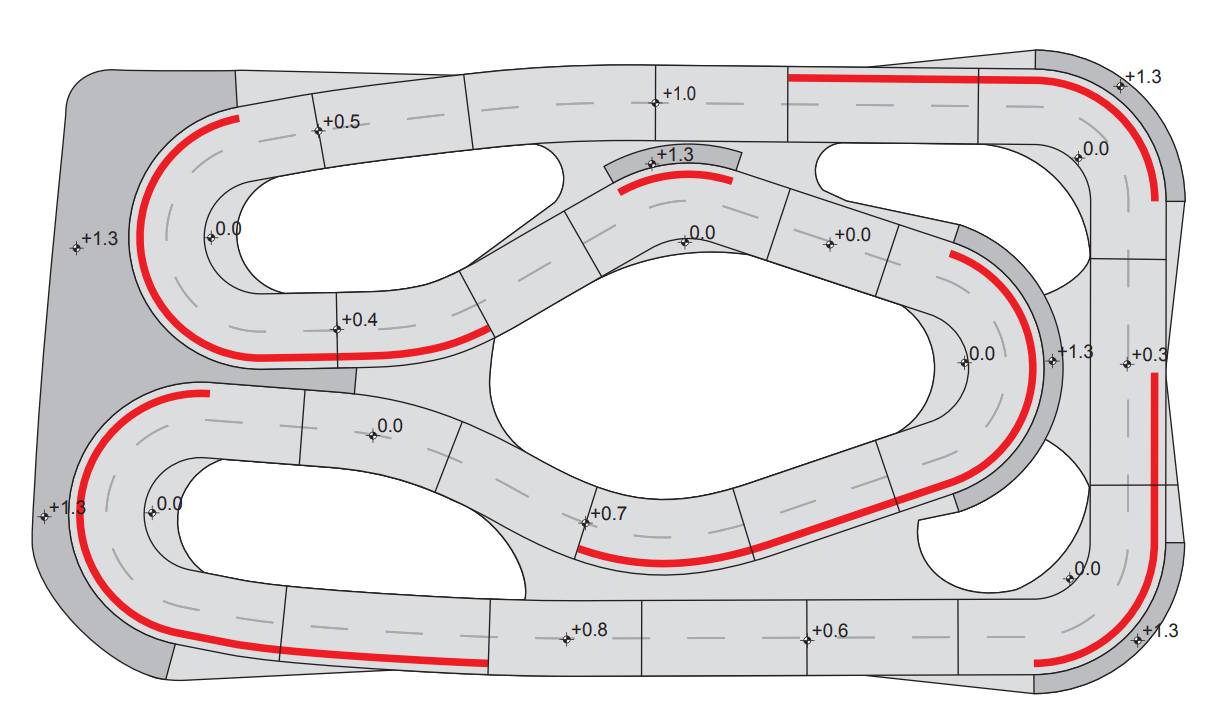Ref: Practitioners’ Guide 2024
AGS Assertion 8 — Significant events
5.107. The authority needs to have considered if any events that occurred during the
financial year (or after the year-end), have consequences, or potential
consequences, on the authority’s finances. If any such events are identified, the
authority then needs to determine whether the financial consequences need to be
reflected in the statement of accounts.
5.108. For authorities accounting on a receipts and payments basis, the review of significant
events should cover events that occurred during the financial year to ensure that they
have been included in the accounting statements where appropriate.
5.109. For authorities accounting on an income and expenditure basis, the review of
significant events should also cover events that occurred after the financial year-end
but before the accounting statements are approved by the authority.
Simplified Receipts and Payments Accounting
Under the simplified receipts and payments accounting method (often used by smaller councils), the focus is primarily on cash transactions: income received and payments made during the financial year. This method doesn’t require the same detailed treatment of accruals and prepayments as accrual accounting does, but there are still important principles that apply, especially when considering post-year-end events and financial obligations.
Key Considerations:
- Post-Year-End Events: While simplified receipts and payments accounting doesn’t require the same level of accrual accounting for liabilities and future commitments, it is still important for parish councils to consider whether any events after the year-end impact the financial position. For example:
- Legal claims: If a legal claim has been filed and it could result in a payment in the future, this should be considered and disclosed in the accounts if it becomes known after the year-end.
- Liabilities and Commitments: If a liability or commitment arises post-year-end (such as an outstanding bill or legal settlement), it might need to be disclosed in the year’s accounts, particularly if it’s material to the council’s finances.
- Recording of Transactions: For simplified accounting, transactions are recorded when cash is received or paid, so if a liability is incurred post-year-end (for example, the council has committed to paying for a service or there’s a legal settlement), this may not be reflected until the cash is actually paid. However, the event (such as a legal claim) could still be disclosed in the annual governance statement or a note to the accounts.
- Disclosure: Even under simplified accounting, disclosures of material subsequent events or commitments that affect the council’s financial position may be needed. For example:
- Any significant claims or liabilities that will require payment.
- Contracts or agreements that have financial consequences but are not yet settled by the year-end.
- These events might not be accrued into the statement of receipts and payments but should be noted in the accounting statements or governance reports.
Practical Example:
If your parish council has a potential legal dispute that could result in a financial settlement after the year-end, this may not show up in the simplified receipts and payments statement itself, as no payment may have occurred by the year-end. However, it should still be considered in the context of the council’s governance and accountability statement. The council might need to disclose the situation in the notes or governance statements, indicating that there’s a potential future financial obligation.
Conclusion:
While simplified receipts and payments accounting doesn’t require the same detailed accrual-based treatment as full accounting, councils are still required to consider the impact of post-year-end events, litigation, and financial commitments, and make appropriate disclosures. It’s important to ensure transparency, especially if these events could have a significant financial impact on the council’s ability to meet its obligations.
- Posted: 3rd April 2025






